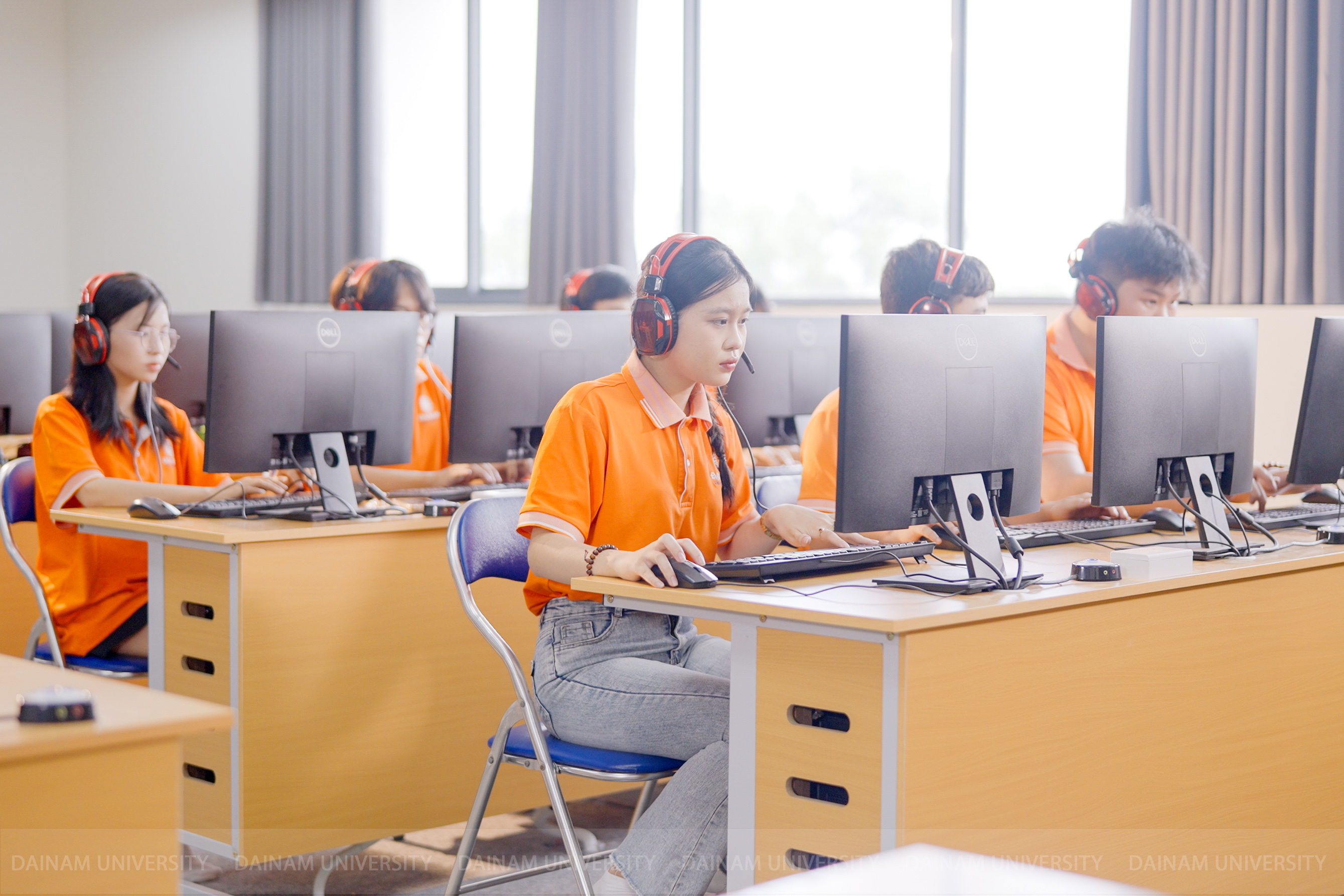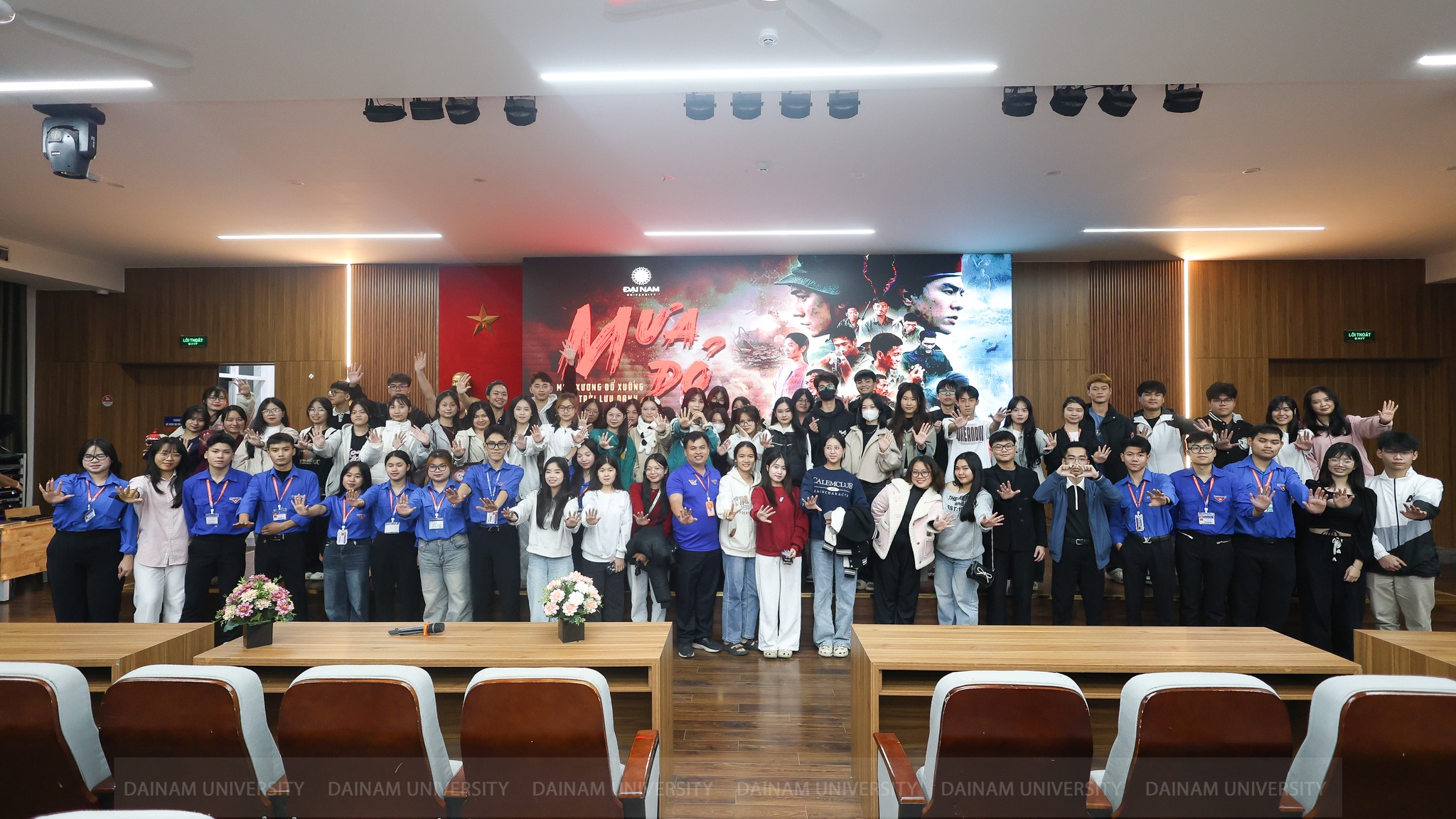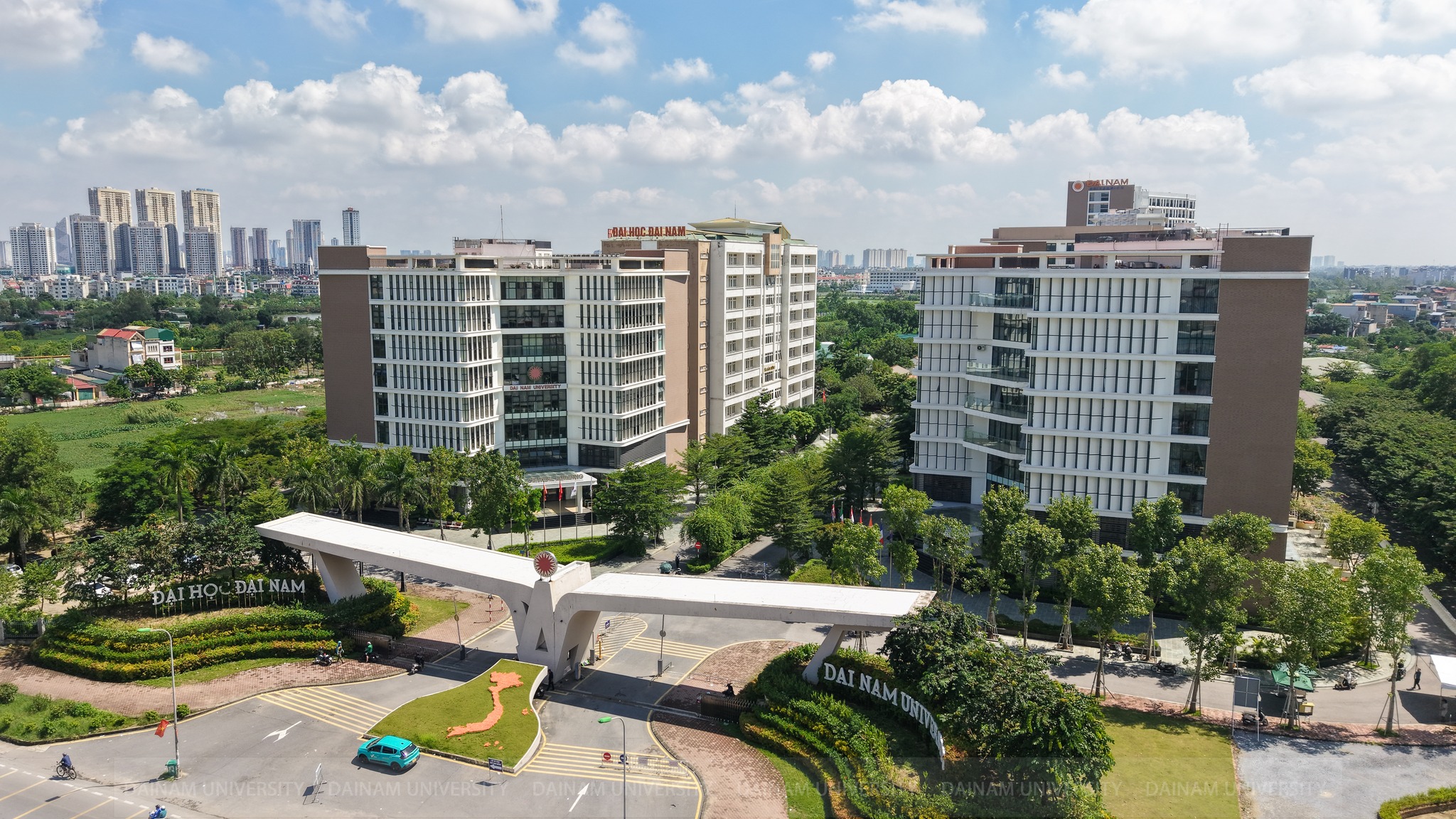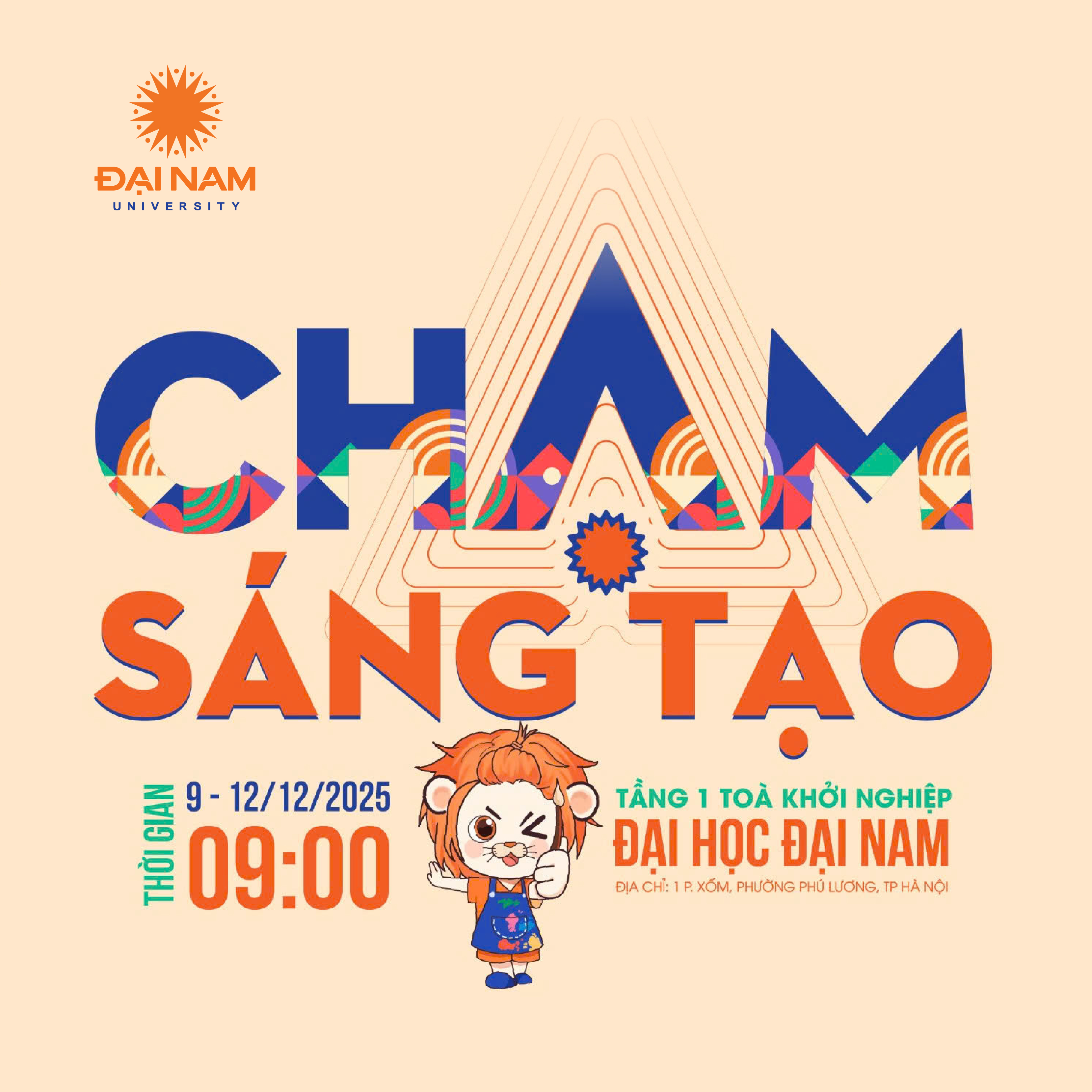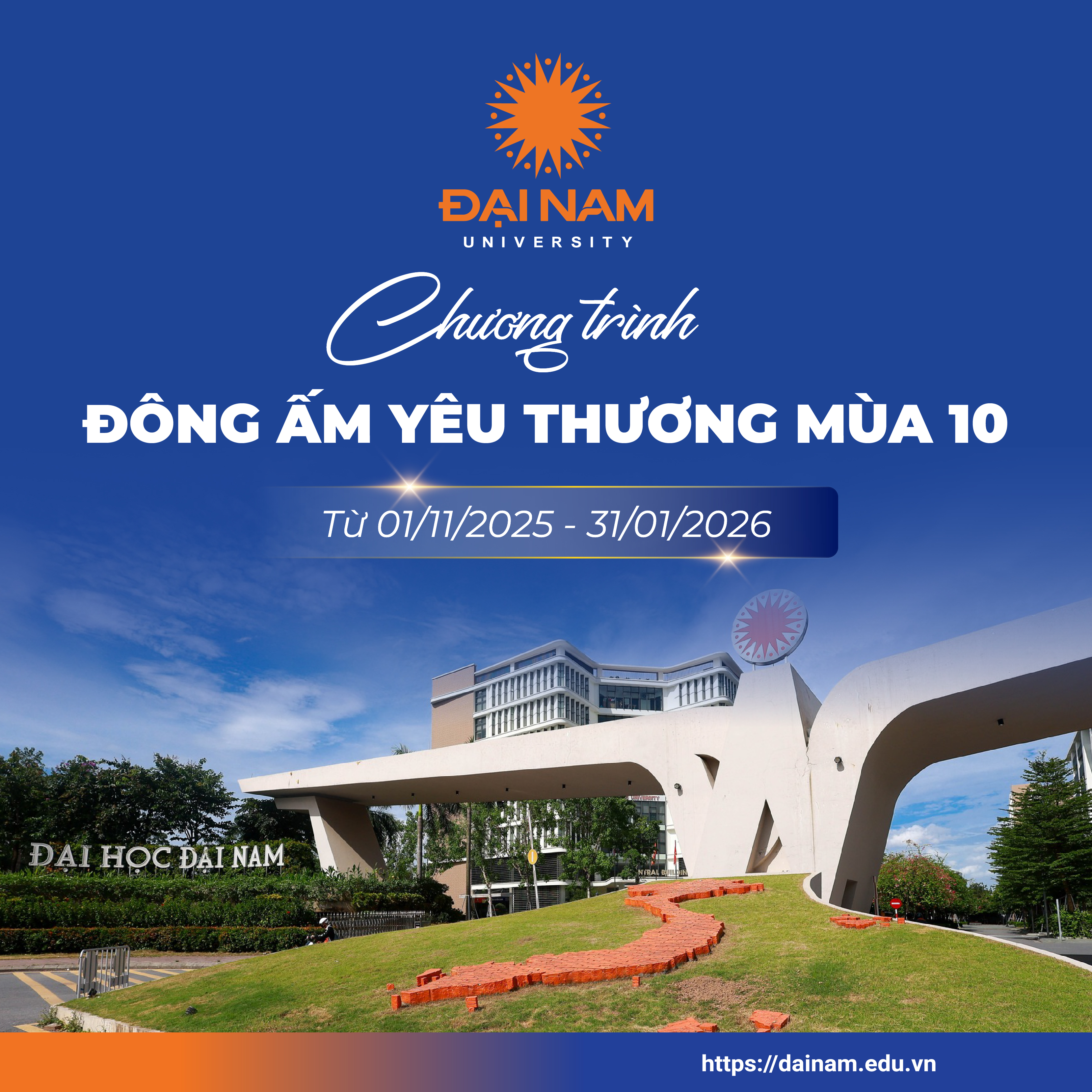Article: Strengthening human rights teaching at educational, training and fostering institutions in the current period

Strengthening human rights teaching in educational, training and fostering institutions in the current period
Pham Ngoc Ky, phamngocky54@yahoo.com
Dai Nam University
Article published in Industry and Trade Magazine, No. 16 - July 2020. Download article content here .
Summary
Human rights are a value that converges many other values of culture, history, economy, politics, society, law... It is the result of the development of human awareness and knowledge, belonging to the common property of humanity. To ensure human rights in any country, in addition to the efforts of the state through the system of policies and laws, it also depends on the effectiveness of human rights education activities. From the educational perspective, it can be seen that to raise awareness of human rights for students, it is first necessary to raise awareness for the team of educational managers.
Keywords : human rights, education and training, current stage
- Problem statement
In recent years, with the development of the market economy, our country's education is also facing negative impacts from the negative side of the economy, causing a part of the teaching staff and management staff to not be able to control themselves against the negative aspects of society, leading to violations of professional ethics and laws.
Human rights are the crystallization of cultural values of all peoples in the world, and are a special concern and the top goal of the United Nations. All contradictions, conflicts, and violations of the law in society stem from the lack of respect for human rights. Respecting human rights and having a mechanism to ensure human rights is a solid legal basis for the sustainable development of society and the country. Understanding and only understanding human rights can bring people freedom and happiness because only when understanding human rights can each person be able to exercise and protect their own rights and at the same time have enough understanding to respect the rights of others. In the context of Vietnam building a rule of law state, Vietnam must also fully implement international commitments and regularly focus on human rights education. On the other hand, in reality, in Vietnam there are still reactionary elements who distort and incite that Vietnam violates human rights, so human rights education is especially important. Human rights education as a part of legal education is currently being paid attention to by schools, especially in the context of comprehensive fundamental education reform, human rights education needs to be taken seriously. Education reform must be reformed in many ways: from content, curriculum, textbooks, thinking, etc. to reforming the training of educational managers because teachers and educational managers are the ones who play a decisive role in the success or failure of education. President Ho Chi Minh once said: "A living example is worth more than a hundred speeches". Therefore, human rights education in schools should start with the education of educational managers because these educational managers will have a great influence on learners and the educational institutions they manage.
Human rights is a broad concept that is studied from many different perspectives. There are many different definitions of human rights , however the definition of the Office of the United Nations High Commissioner for Human Rights is often cited by researchers, according to which:
Human rights are universal legal guarantees protecting individuals and groups against actions and omissions that interfere with fundamental freedoms, entitlements, and human dignity.
In addition, human rights are also generally defined as innate, inherent rights of humans that, without enjoying them, we cannot live as humans. [7].
In Vietnam, the definitions of human rights proposed by a number of experts and research institutions are not entirely the same, but in general, human rights are often understood as the natural, inherent and objective needs and interests of humans that are recognized and protected in national laws and international legal agreements [2].
2. 3. Current status of human rights education in training educational managers
Human rights education activities in educational management training schools aim to equip students with knowledge of human rights towards respecting the human rights of the progressive young generation, which is carried out in both formal and non-formal forms. The non-formal form is mainly carried out through the citizen activity week when students first enter school or through legal competitions. The main form of human rights education in educational management training institutions is the formal form. Current educational management training institutions when training the bachelor of education management since 2014 all use the same "General Law" curriculum prescribed by the Ministry of Education, so the content of human rights education is integrated in some chapters such as: Education on ownership rights, inheritance rights, etc. is integrated in the civil law chapter, some chapters such as: International public law, international justice or Criminal law chapter are also included in the curriculum. In many schools, human rights education is integrated into other subjects such as: Political Science, Gender Equality in Education, etc., but there is no separate subject on the characteristics of the education management sector, for example, education on the right to study. In general, human rights education in educational management training institutions is not currently considered important. Education is necessary for schools, but most schools do not have an independent subject on human rights. In addition, the content of human rights integrated into other subjects is still rudimentary, depending on the requirements of the departments for lecturers and the knowledge of the human rights field of lecturers. Therefore, although the curriculum mentions it, in reality, in some schools, human rights content is often avoided in lectures for many reasons or is mentioned only in an introductory manner, lacking in generality, or even including content that is not completely correct about human rights due to the limitations of lecturers on this issue. Therefore, students are only exposed to human rights to a very limited extent, and the knowledge of human rights they acquire is fragmented, so they cannot have a comprehensive view of human rights, making it difficult to form a sense of respect for human rights in students as well as graduate students and students of training courses for educational managers.
Each educational manager is both a policy implementer and a policy maker or an advisor to superiors in policy making, therefore, it is necessary to have an understanding of human rights in general in order to be able to plan and implement humane policies on the basis of respecting and ensuring human rights and civil rights. Human rights education in educational management training and development institutions is still a new issue, so in practice there are still many limitations due to various reasons, so it is necessary to have in-depth research in this field to propose truly useful directions and measures to contribute to promoting the development of human rights in our country. Redesigning undergraduate training programs as well as training and development towards developing high-quality human resources is considered the key to educational innovation. This is an important factor, aiming towards an advanced education, meeting the requirements of training quality human resources, competitive and internationally integrated.
3. Strengthening human rights teaching at educational, training and fostering institutions
3.1. Incorporating human rights content into the education program in the national education system
- Integrate human rights content appropriately into preschool, primary and general education programs in parallel with the implementation of the Project on Innovation of General Education Program;
- Integrate human rights content appropriately into vocational education programs in parallel and synchronously with the implementation of the Project on Innovation and Improvement of Vocational Education Quality by 2020 and Orientation to 2030;
- Incorporate/integrate human rights content in a reasonable manner into the university education program. This includes including human rights content into teaching at all universities through amending the law or general law curriculum to teach students of universities not in the law, administration, and internal affairs sectors; integrate/integrate human rights into specialized law subjects in the law, administration, and internal affairs sectors and develop an independent subject on human rights and a common curriculum for universities and colleges in the law, administration, and internal affairs sectors.
- Revise and supplement the training program framework for master's degrees in law on human rights and open a training program code for doctoral degrees in law on human rights.
- Implement a roadmap for training and fostering teachers, lecturers, and educational managers at all levels and disciplines in the national education system, to provide and equip knowledge, skills, and raise awareness of human rights, the role, responsibility, and importance of protecting, ensuring human rights, and human rights education.
3.2. Proposing human rights content in teaching, training and fostering cadres in the political system
In addition to incorporating human rights content into the education program in the national education system, it is necessary to continue to research and gradually develop and compile teaching materials, and open training courses on human rights knowledge suitable for each target group.
- Implement new curriculum on human rights theory and law, teach advanced theory classes at the Ho Chi Minh National Academy of Politics, targeting middle and senior leaders and managers of the Party, State and political system;
- Edit and add human rights content to the intermediate political theory program;
- Compile a training program on human rights for officials of Party agencies, National Assembly deputies, People's Council deputies at all levels; officials in political, social and mass organizations;
- Compile training programs on human rights for law enforcement officers, armed forces, professional soldiers, border guards, police forces, judges, prosecutors, etc.;
- Compile training programs on human rights for journalists and managers of media and press agencies;
- Compile training programs on human rights for lawyers, jurists...
- Compile a training program on human rights for leaders of corporations, groups and enterprises; link roles, responsibilities and business ethics with the protection of human rights;
- Compile a training program on human rights for educational administrators in training institutions.
CONCLUDE
Human rights education in educational management training institutions is necessary and has a particularly important meaning related to the success or failure of education, so it needs attention from the Party, the State, and the Ministry of Education in the coming time so that human rights education work can truly contribute to forming a culture of human rights for the generation of educational management staff, knowing how to build and plan to implement policies based on respect for human rights, and manage based on respect and development of human rights.
REFERENCES
- Central Committee of the Communist Party of Vietnam (2012), Resolution No. 29/NQTW dated November 4, 2013 of the Central Committee of the Party on fundamental and comprehensive innovation of Vietnamese education, Hanoi.
- British Council (2000), Citizenship Education and Human Rights Education , Key Concepts and Debates, Vol.1.
- United Nations Plan of Action for the Decade of Human Rights Education (1995 - 2004), paragraph 2.
- National Assembly of the Socialist Republic of Vietnam (2005), Education Law, National Political Publishing House, Hanoi
- United Nations, Human Rights (2006). Questions and Answers, New York and Geneva, p.4.
- Nguyen Thi Thu Hang (2017), "Human rights, an important content that needs to be included in the curriculum for training educational managers", Journal of Educational Management, No. 12, 2017.
- Pham Xuan Hung (2016), “Developing a team of educational management lecturers according to a competency-based approach”, PhD thesis, Vietnam Institute of Educational Sciences.
- Ho Chi Minh National Academy of Politics, Center for Human Rights Studies (1998). Basic international documents on human rights, National Political Publishing House, Hanoi, p.130.
- Tuong Duy Kien (2017), “Human rights education according to the policies and orientations of the Party and State of Vietnam”, Journal of Political Theory No. 11-2017.
Strengthen the teaching of human rights at educational, training and retraining institutions in the current period
Abstract
Human rights are a convergent value in which many other cultural, historical, economic, political, social and legal values are the result of the cognitive and intellectual development of Man, owned by the common humanity.
To protect human rights in any country, besides all the Government efforts with laws and policy system, it significantly depends on the efficiency of human rights education. From the perspective of education, to raise awareness of human rights among students, the awareness of all educational managers need to be raised first.
Key Words : human rights, education and training, the current period
